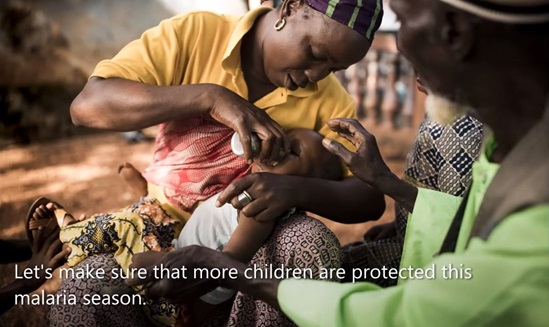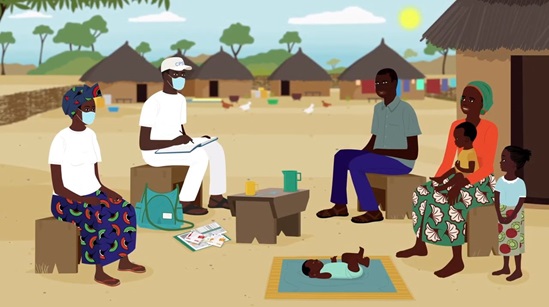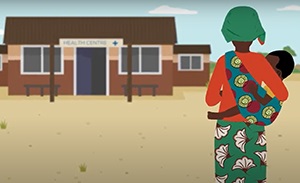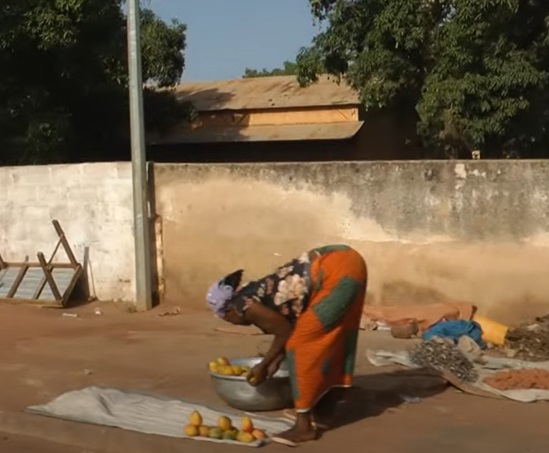
Malaria research
Each year there are more than 200 million cases of malaria, a preventable and treatable disease. According to the World Health Organization’s (WHO) World malaria report 2024, The WHO African Region continues to carry the heaviest burden of the disease, accounting for an estimated 94% of malaria cases worldwide in 2023.
TDR’s malaria research focuses on helping low- and middle-income countries scale up their efforts to diagnose and treat malaria and prevent illness and deaths among the most vulnerable, including pregnant women and children. Researchers in African countries are receiving implementation research support and training to help them improve malaria control.
Current activities
Featured publications
View all →TDR annual report 2024
This report highlights the impact of research supported by the UNICEF/UNDP/World Bank/WHO Special Programme for Research and Training in Tropical Diseases...
TDR annual report 2023
This report highlights the impact of research supported by the UNICEF/UNDP/World Bank/WHO Special Programme for Research and Training in Tropical Diseases...
Seasonal malaria chemoprevention with sulfadoxine–pyrimethamine plus amodiaquine in children: a field...
Seasonal malaria chemoprevention (SMC) is the intermittent administration of a curative dose of antimalarial medicine to children at high risk of severe...
TDR annual report 2022
This report highlights the impact of research supported by the UNICEF/UNDP/World Bank/WHO Special Programme for Research and Training in Tropical Diseases...
Surveillance and control of arboviral diseases in the WHO African Region: assessment of country capacities
The growing threat and recent epidemics of Aedes-borne arboviral infections in Africa has put into question the adequacy of public health systems to...
Currently available methods to control mosquito vectors are based on the use of insecticides and elimination of mosquito larval breeding sites. In...














